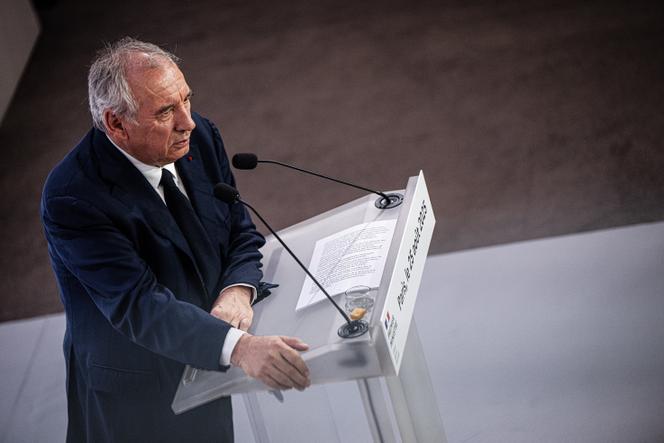


French Prime Minister François Bayrou chose not to simply endure political instability, but to accelerate it in hopes of escaping it. On Monday, August 25, he announced that his government would seek a vote of confidence in the Assemblée Nationale on September 8.
Lacking a parliamentary majority and facing record-low approval ratings for any head of government under France's Fifth Republic, the Christian Democrat played his last card. Those close to him suspected he was trying to get ahead of a likely no-confidence vote this fall over his 2026 budget proposal, preferring not to be undone by a contentious debate over a difficult issue, as his predecessor Michel Barnier had been.
"Is there, or is there not, a national emergency to rebalance our public finances and escape, while we still can, the curse of over-indebtedness?" Bayrou asked at a press conference, addressing an audience of ministers, senior officials and Emmanuel Moulin, the Elysée's secretary general. "Our country is in danger because we are on the brink of over-indebtedness," Bayrou insisted, expressing outrage that "for 20 years, every hour has added an extra €12 million to the debt."
You have 87.41% of this article left to read. The rest is for subscribers only.
